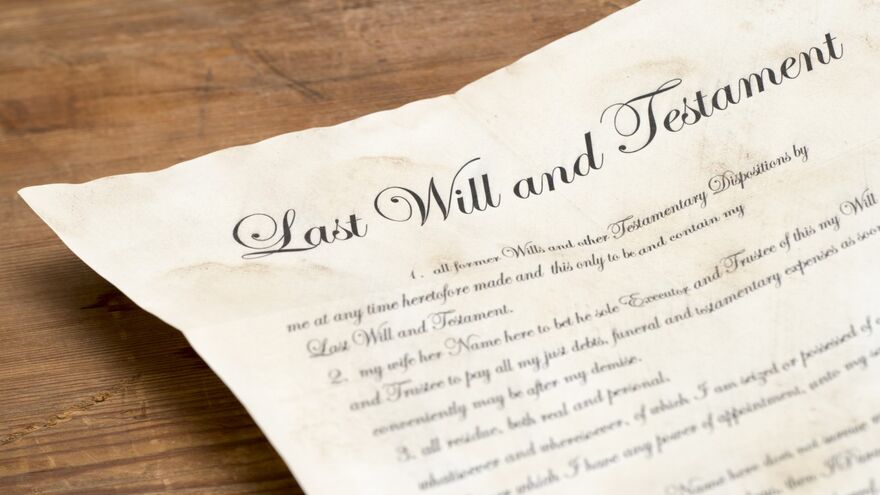Get in touch
To contact us, please fill out this form and we will get back in touch as soon as possible. Your personal data will be processed in accordance with our privacy policy which can be found here.

The law governing how Wills are validly made is little changed since 1837. Section.9 of the Wills Act 1837 deals with the formalities for making a Will and provides that no will shall be valid unless:
In recognition of the need for social distancing and the difficulties in physically witnessing a Will following the onset of the Covid-19 pandemic, a change was effected for Wills made on or after 31 January 2020 and on or before 31 January 2022 such that “presence” includes presence by means of video conference or other visual transmission. That change has since been extended to 31 January 2024.
There are strict requirements for a Will to be validly witnessed – fall foul of these and the Will itself, or a bequest in it, may well be found to be invalid. It is important to remember that witnesses to a Will must sign or acknowledge their signature in the presence of the testator but do not have to do so in the presence of the other witness. Witnesses do not need to have any specific knowledge of what the document is. They do not have to know that the document they are signing is a Will.
Courts will always start from a presumption of due execution – expecting that the requirements of Section 9 Wills Act 1837 are met unless presented with strong and persuasive evidence to the contrary.
Nevertheless, the importance of correctly signing a Will and ensuring it is witnessed properly cannot be under-estimated. Errors cannot usually be corrected after death and the good intentions of a testator may be thwarted by a mistake made in the witnessing or execution of a document they otherwise intended to provide certainty.
If you are concerned that a Will may not have been witnessed properly you should speak to our expert team of contested wills and probate lawyers as soon as possible so that we can advise on the practical steps that you might be able to take. For further information click here.
The information on this site about legal matters is provided as a general guide only. Although we try to ensure that all of the information on this site is accurate and up to date, this cannot be guaranteed. The information on this site should not be relied upon or construed as constituting legal advice and Howes Percival LLP disclaims liability in relation to its use. You should seek appropriate legal advice before taking or refraining from taking any action.
To contact us, please fill out this form and we will get back in touch as soon as possible. Your personal data will be processed in accordance with our privacy policy which can be found here.